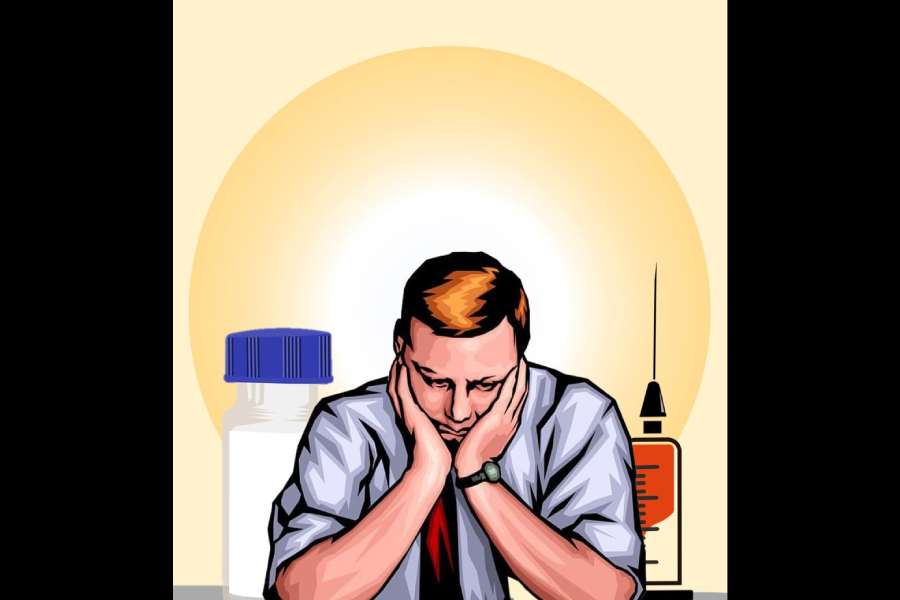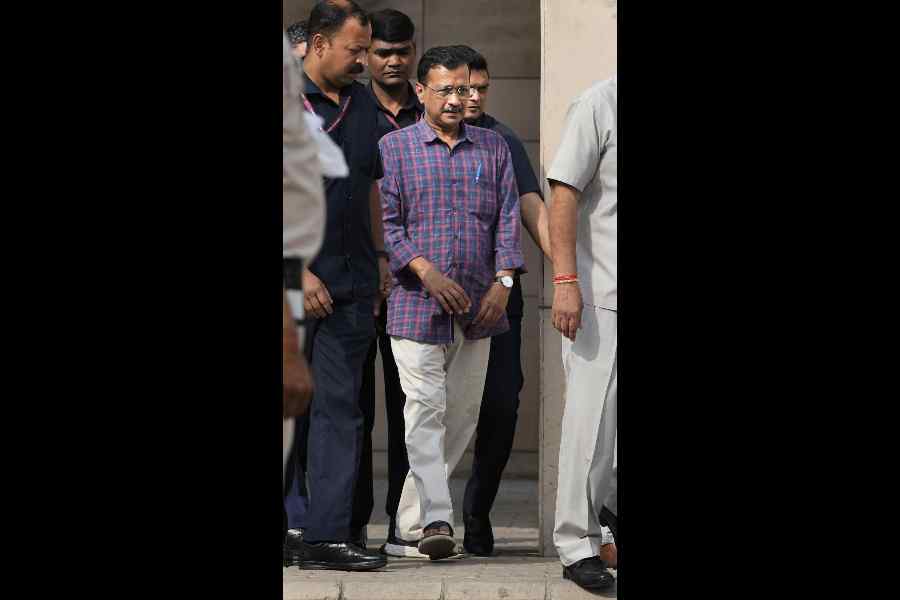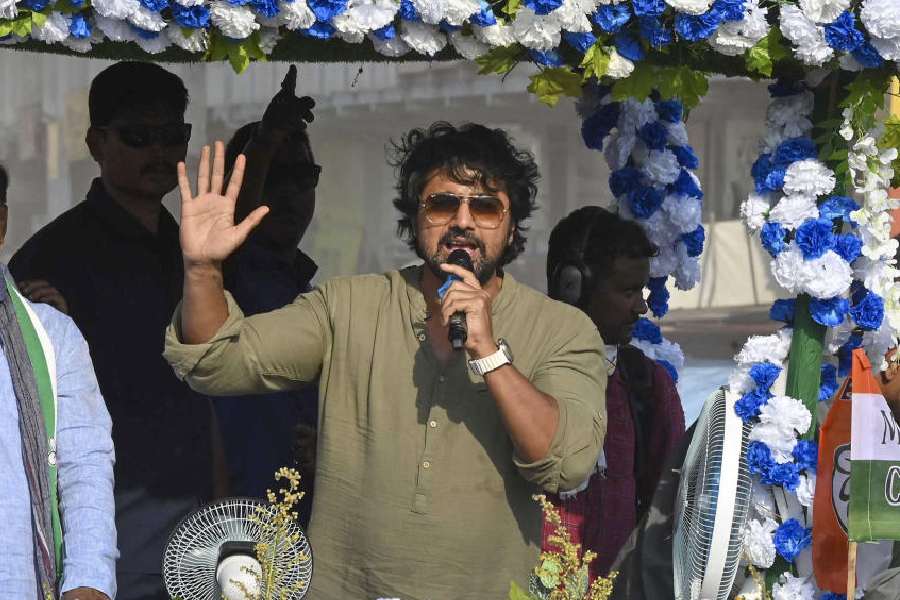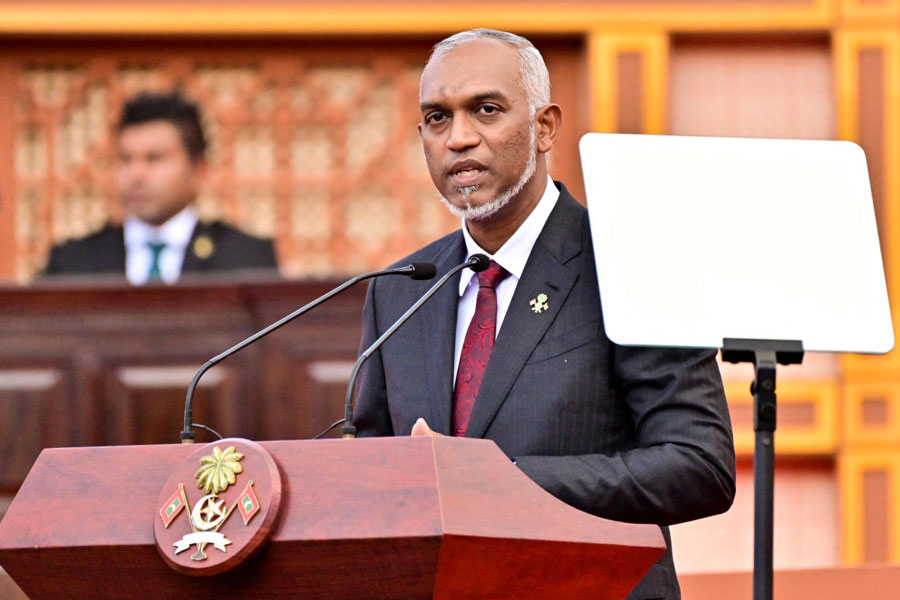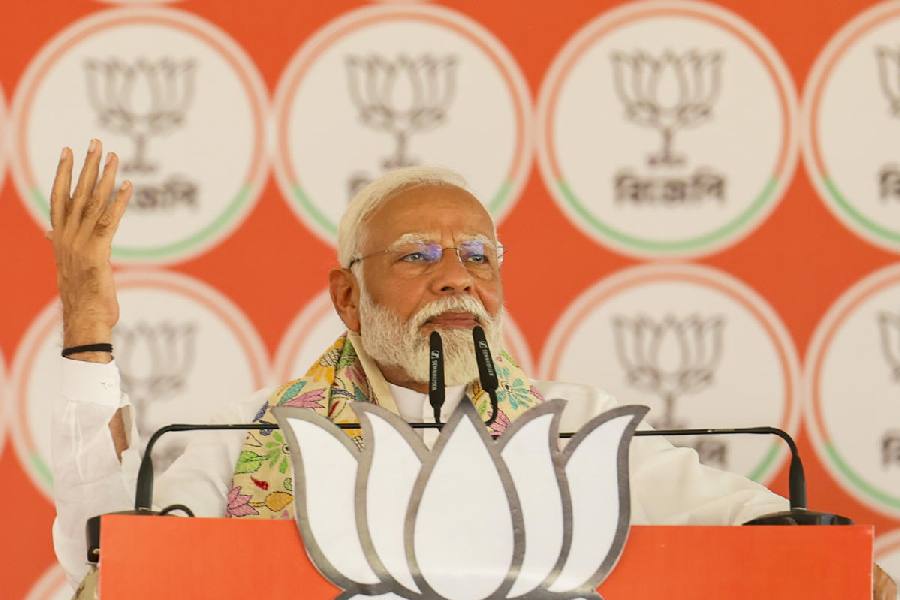No other intervention in medicine generates as much heated debate as that centred on vaccines. Vaccines have proved that powerful tools can be double-edged. They have helped as well as harmed, depending on the manner of their deployment.
When vaccines prevent disease or death, the outcome is a non-event. But when vaccines cause adverse effects, the outcome is stark. For instance, thoughtless vaccination strategies, such as hurried vaccine 'nudges' against Covid-19 that have led to adverse events like myocarditis, have led to a growing distrust of vaccines.
Perspectives form from personal experiences. I am often asked about my views on vaccines. If the person is a strong advocate of vaccines, my response is calibrated, citing adverse events, including death, shaking the person’s faith. Science starts decaying when it approaches faith. If the questioner is an ‘anti-vaxxer’, I emphasise the benefits of selected vaccines in special contexts. In both instances, I can be accused of promoting 'vaccine-hesitancy', a taboo term nowadays.
I fail to understand the concerns about ‘vaccine hesitancy’ expressed by many professional bodies, including the World Health Organization. Post-liberalisation vaccine manufacturing is in private hands. Public sector units manufacturing vaccines, such as the Central Research Institute (Kasauli), Pasteur Institute (Coonoor), and the BCG vaccine laboratory (Chennai), were shut down due to failing quality control, paving the way for private players. Following this, newer vaccines were added to the Universal Immunization Program. Under this endeavour, vaccines are procured by the government in bulk and given for free to the beneficiaries. This public-private partnership ensured an assured profit for manufacturers, mostly private players. India, with its large population, became the favoured market for vaccines, with the manufacturers’ goal being to lobby with officials and scientists to get their vaccines in the UIP. Politicians too favoured the provision of life-saving vaccines for free because it brings in the votes. What about the scientists? Most leading scientists depend heavily on research grants from pharmaceutical companies. A majority of them genuinely believe that vaccines can do no harm.
As vaccines flood the UIP, it is important for common citizens to cultivate ‘vaccine hesitancy’ in the sense that they should weigh the risks and the benefits of such an intervention and the prevalence of a particular disease in a community before making a choice.
Improvement in standards of living among the affluent can prevent communicable diseases. But vaccines play an important role among disadvantaged constituencies to help them tide over medical crises. The role of vaccines is thus nuanced and needs to be examined in terms of their context.
I have seen deaths that could have been prevented by vaccines. I have met parents whose children got maimed or died after immunisation. There are no easy answers. What we need is a greater number of scientists doing serious research to resolve these issues instead of an unthinking promotion of vaccines.

